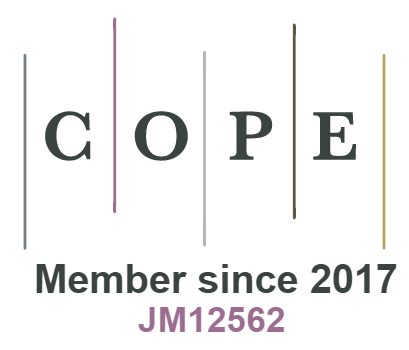Electrical Characterization and Doping Uniformity Measurement during Crystalline Silicon Solar Cell Fabrication Using Hot Probe Method
DOI:
https://doi.org/10.18034/ei.v2i1.206Keywords:
Hot probe, Seebeck effect, Thermal conductivity, Wafer mappingAbstract
The parameters of crystalline semiconductor such as types of semiconductor, uniformity of impurity concentration of doped wafer, majority charge carrier concentration, sheet resistivity of doped wafer surface play an important role in solar cell fabrication process during emitter diffusion, that is the most critical step. In this paper, we have used a low cost in house made hot probe measurement setup. A hot plate was used to heat up the wafer up to 100°C. Two k-type thermocouples were placed simultaneously in contact with the hot and cold surface of the wafer to measure the temperature in situ for both hot and cold probe. We have used two copper probes with a voltmeter connected to measure the potential difference (thermoelectric voltage) between two probes for various temperatures up to 100°C with an interval of 10°C. We have taken measurement for commercial silicon wafer (thickness 200 µm) and one side polished 4 inch diameter Si wafer (thickness 660 µm) to determine the wafer type (n-type or p-type). We also calculated thermo-power or Seebeck coefficient from the voltage vs. time curve, that is constant for particular substrate. As a process monitoring tool for solar cell fabrication process, after n-type diffusion using POCl3 on p-type silicon wafer of thickness 200 µm, we have done wafer mapping that gives us the information of doping uniformity over the whole surface of wafer both front and back side
Downloads
References
Alexander Axelevitch, Gady Golan (2013), “Hot-probe method for evaluation of majority charged carriers concentration in semiconductor thin films” Electronics and Energetics, vol. 26, no. 3, pp. 187 – 195.
ASTM Standard F42-93, “Standard Test Methods for Conductivity Type of Extrinsic Semiconducting Materials,” 1996 Annual Book of ASTM Standards, Am. Soc. Test. Mat. West Conshohocken, PA, 1996.
W.A. Keenan, C.P. Schneider and C.A. Pillus (1971), “Type-All System for Determining Semiconductor Conductivity Type,” Solid State Technology, vol. 14, no. 3, pp. 51–56.
--0--
Published
Issue
Section
License
Engineering International is an Open Access journal. Authors who publish with this journal agree to the following terms:
- Authors retain copyright and grant the journal the right of first publication with the work simultaneously licensed under a CC BY-NC 4.0 International License that allows others to share the work with an acknowledgment of the work's authorship and initial publication in this journal.
- Authors are able to enter into separate, additional contractual arrangements for the non-exclusive distribution of the journal's published version of their work (e.g., post it to an institutional repository or publish it in a book), with an acknowledgment of its initial publication in this journal. We require authors to inform us of any instances of re-publication.









